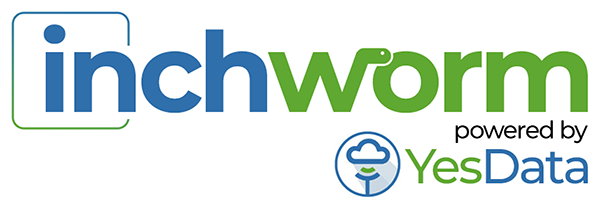Bad data, old data, or incomplete data can cost your company time and money.
In one year, business data decays at a rate of 30%, and 90% of companies’ customer or prospect data is missing key information. The consequences for salespeople and sales numbers can be frustrating at best and disastrous at worst. Imagine the increased sales if you could eliminate bad data.
If you have a sales staff, chances are that the first place they turn to for new business is from old “house accounts” Salesforce, Data Dynamics, and other CRM solutions. These solutions make accessing and automating various Sales tasks efficient and effective except when your data is inaccurate.
Here is a brief list of the problems with most prospect and customer data:
- Missing data, i.e., phone number
- Incorrect data, i.e., bad email address
- Inconsistent spelling, i.e., “Yesdata” or “Yes Data” contributes to duplicates
- Duplicate companies and contacts
- Wrong Job title
- Contact left the company
- Right company wrong contact
How do you fix bad data problems?
For the data you already have, start with consistent data entry rules and guidelines—garbage in garbage out. Make a list of guidelines that are easy to follow and make them available to whoever enters data in your CRM.
If you just have a couple of hundred records in your CRM, this process can be completed manually. Call and email folks with a standard letter asking for updated information. Just sending an email will let you know which email addresses are wrong.
If you have too many records for manual processing, many products can help you right inside your CRM program.

